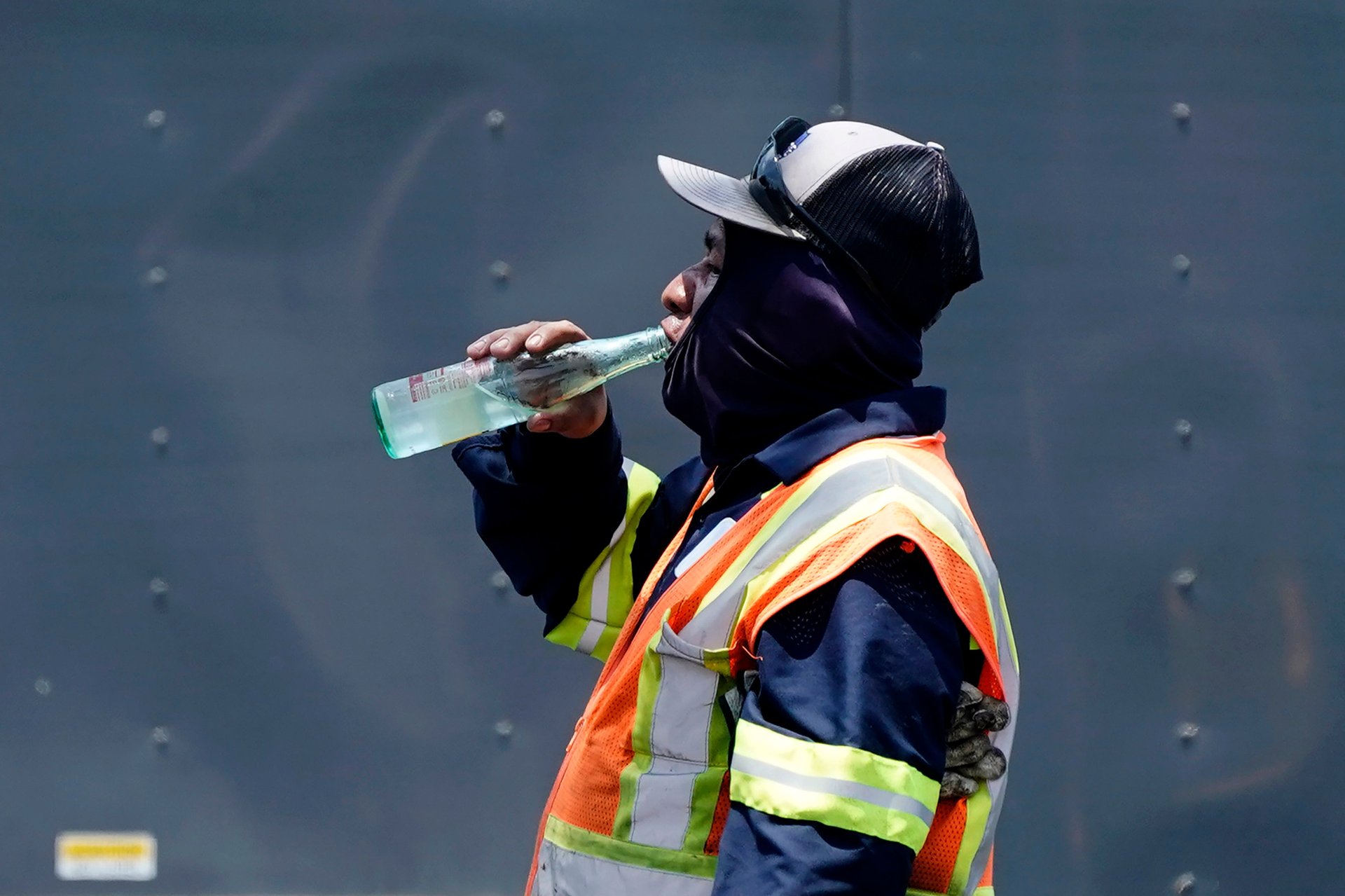Texas judge rules as unconstitutional a law that erodes city regulations in favor of state control
In a major win for progressive Texas cities, a district judge in Texas on Wednesday ruled that a controversial new state law targeting local regulations is unconstitutional

CHICAGO (AP) — A Texas judge ruled Wednesday that a new law eroding the power of the state's Democratic-led cities to impose local regulations on everything from tenant evictions to employee sick leave is unconstitutional and cannot take effect.
Suggested Reading
The decision by state District Judge Maya Guerra Gamble of Austin, an elected Democrat, is a significant win for progressive leaders in Texas' biggest cities that want to be able to represent their communities. Critics of the law say it would have taken power from local government and denounced it as “The Death Star.” Texas and its major cities join battles that have flared nationwide over statehouses flexing authority over municipalities.
Related Content
“That’s tremendous victory for the people in this city because it allows the local leadership to represent the Houstonians that we have an obligation to serve,” Houston Mayor Sylvester Turner said at a news conference following the ruling.
The state immediately appealed the ruling, according to the Texas attorney general's office.
“This will stay the effect of the court’s declaration pending appeal," the office said in a statement to The Associated Press, adding that the law would still go into effect on Friday as scheduled.
The case will head to the Texas Supreme Court, which is made up entirely of Republican judges.
Republicans muscled the law through the GOP-controlled Legislature over intense opposition from Democrats, labor groups and city leaders. Supporters said the law was needed to preserve Texas' reputation as a friendly business climate and that a patchwork of ordinances that differ from city to city created unnecessary red tape.
A particularly damaging part of the law, critics argued, was that its full impact was unclear. But they also seized on specific examples, including repeated reminders during a historic summer heat wave that the law would eliminate water breaks at mandatory intervals for outdoor workers. Experts, however, say the law's effects may be more complicated.
Hours before the ruling, Republican Gov. Greg Abbott took to social media to defend the law.
“Texas small businesses are the backbone of our economy,” Abbott said in a statement posted to X, formerly known as Twitter. “Burdensome regulations are an obstacle to their success. I signed HB2127 to cut red tape & help businesses thrive.”
___
The Associated Press receives support from several private foundations to enhance its explanatory coverage of elections and democracy. See more about AP’s democracy initiative here. The AP is solely responsible for all content.